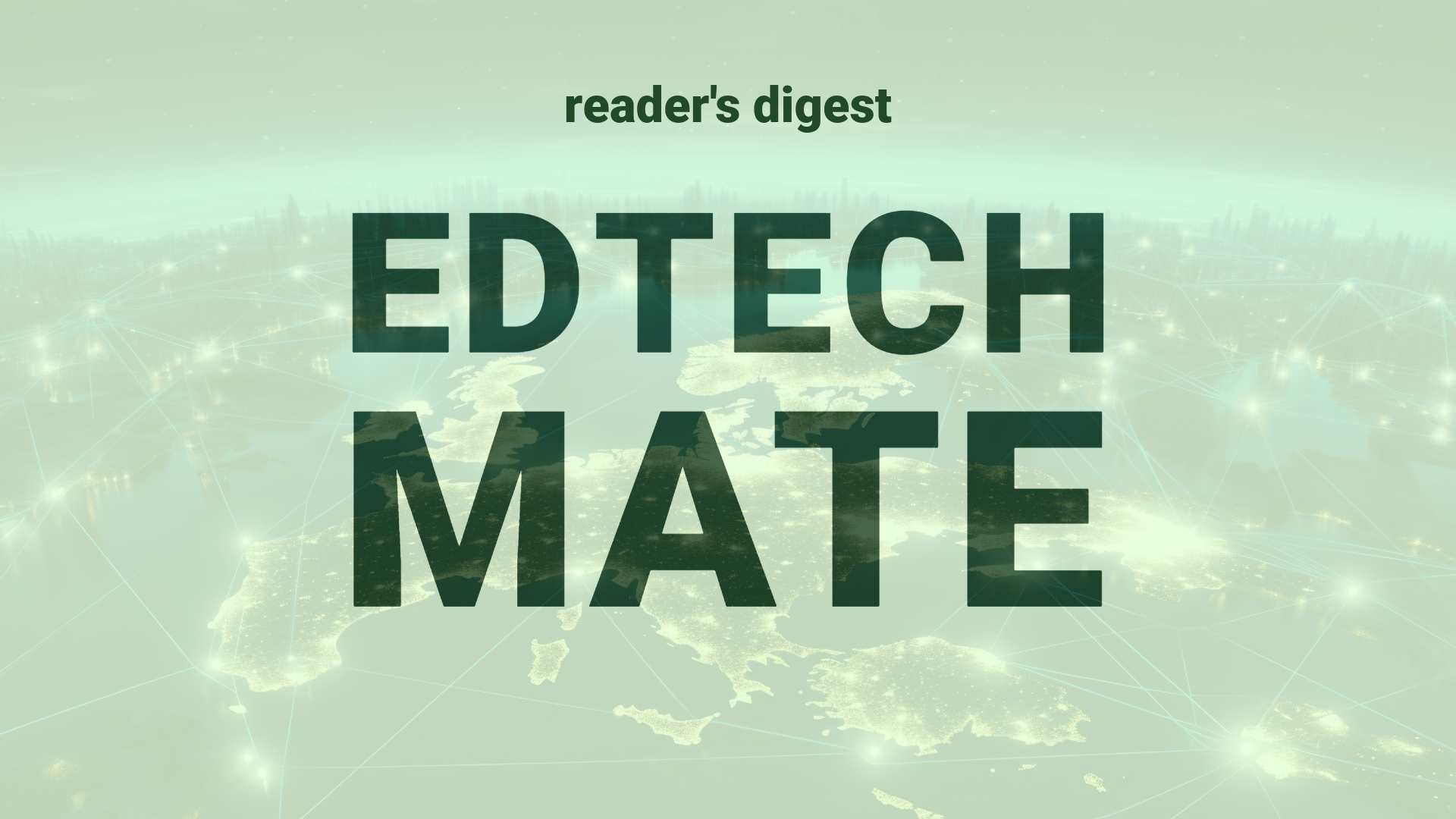Executive Summary and Main Points
In a significant move within the tech sector, Google has unveiled Gemini for Google Workspace, replacing Duet AI. This strategic pivot offers two new plans: Gemini Business and Gemini Enterprise, both designed to elevate AI integration within Google applications. These plans aim to enhance productivity within organizations by incorporating advanced features like AI-assisted writing in Docs and Gmail, Enhanced Smart Fill in Sheets, and image generation in Slides. Additionally, Gemini’s capabilities extend to translation in over 100 languages and soon, AI-powered note-taking in meetings. In a broader context, this development positions Google as a competitive player in the generative AI market against key rivals like Microsoft, leveraging advancements from their new large language models collectively known as Gemma.
Potential Impact in the Education Sector
Such technological advances hold transformative potential for Further Education and Higher Education. With enhanced AI tools like Gemini for Workspace, educational institutions can streamline administrative tasks, foster more dynamic learning environments, and improve accessibility through real-time translation services. In the realm of Micro-credentials, these tools could underpin the design and delivery of personalized, flexible learning experiences, supported by strategic partnerships that prioritize digital literacy and competency. Moreover, the inclusion of AI in academic settings could lead to redefined pedagogical models centered around digital fluency.
Potential Applicability in the Education Sector
The integration of Gemini for Workspace in higher education could enable AI to assist in research, by analyzing vast amounts of data and drafting literature reviews. For international students, language models like Gemma present an opportunity for improved engagement through language support and cultural integration. AI tools can also help educators craft courses with adaptive learning paths, while enabling students to receive personalized feedback on their work. This applicability opens doors to create a more inclusive, efficient, and globally connected educational ecosystem.
Criticism and Potential Shortfalls
Despite the promise of Gemini and Gemma, skepticism persists around data privacy, bias in AI, and job displacement due to automation. Furthermore, there’s a risk of creating a digital divide wherein not all institutions can afford or have access to these tools, leading to unequal educational advancements. International case studies reveal varying degrees of adoption and regulatory landscapes that could impede uniform progress. Ethical considerations regarding consent and the responsible use of student data also come to the forefront in these discussions.
Actionable Recommendations
To mitigate concerns and capitalize on AI innovations like Gemini for Workspace, educational leaders should pursue phased technology integration with inclusive pilot studies. They need to establish strategic frameworks for ethical AI use that incorporate student and faculty input. Collaboration between developers and educators can ensure the technology addresses real-world classroom challenges. Additionally, international partnerships could facilitate knowledge exchange, ensuring an equitable and culturally sensitive approach to AI deployment in education systems around the globe.
Source article: https://www.cio.com/article/1309193/google-integrates-gemini-ai-into-enterprise-tools.html

